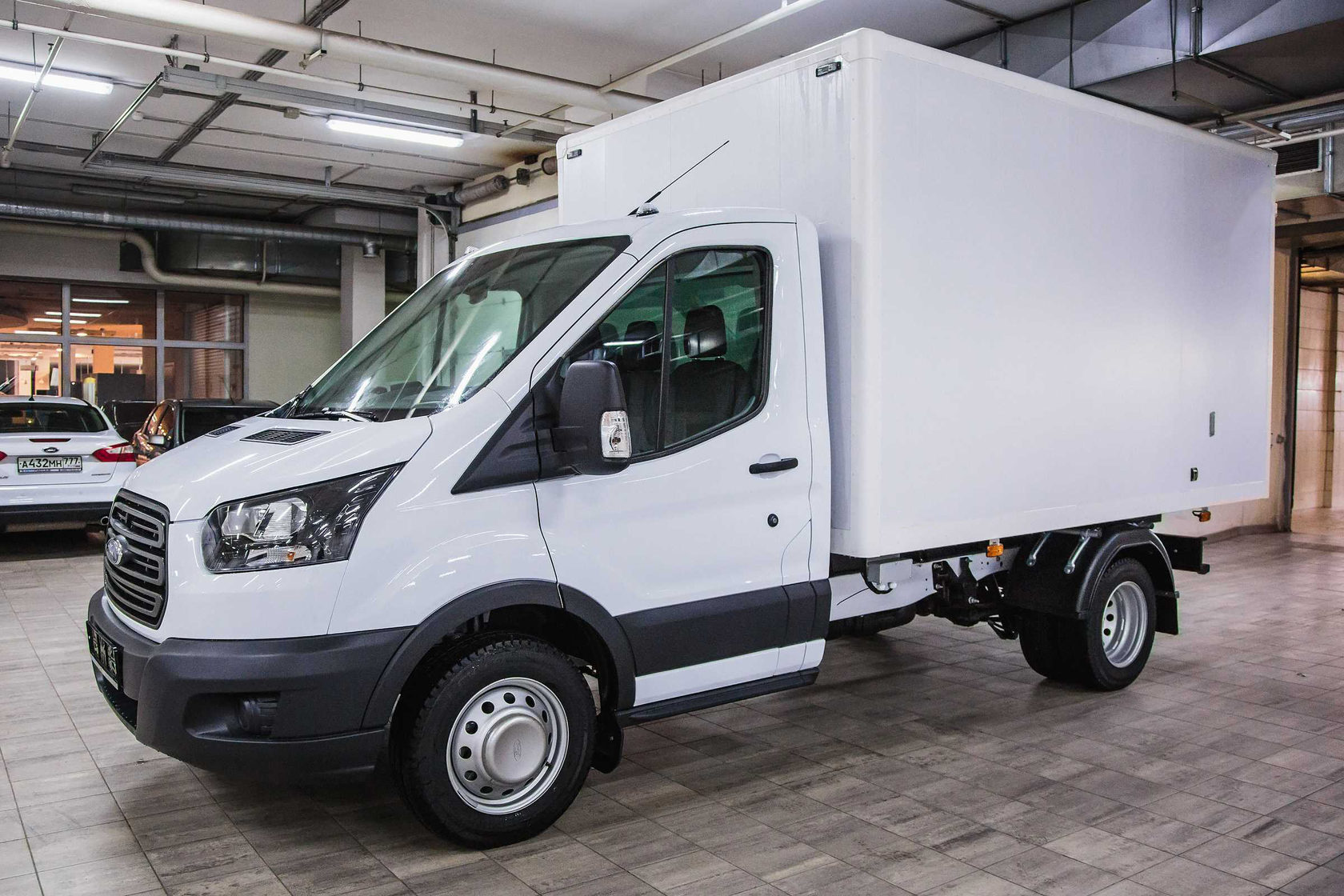
Choosing the right cargo van for your business
Choosing the right cargo van for your business is a critical decision that can have a significant impact on your operational efficiency and profits. Whether you're starting a delivery service or expanding your existing fleet, this article will help you become familiar with the key factors to consider when choosing the right cargo van for your business needs.
1. Determine your cargo needs
The first step in choosing a cargo van is to understand your specific cargo needs. Consider the type of items you'll be transporting, their size, weight, and whether you require refrigeration or specialized storage. This will help you determine the load capacity and configuration required.
2. Size and dimensions
Cargo vans come in a variety of sizes, from compact models to full-size options. Evaluate the van's interior dimensions, such as length, width, and height, to ensure it can comfortably accommodate your cargo. Also, consider the door configuration (rear and side) for ease of loading and unloading.
3. Load capacity
Payload capacity is the maximum weight that a cargo van can carry, including both cargo and any passengers. Make sure the van you choose has sufficient load capacity to carry your cargo without exceeding weight limits, which could impact safety and legal compliance.
Stop generating
Fuel costs are a significant expense for businesses operating cargo vans. Look for vans with good fuel efficiency to reduce running costs in the long run. Consider diesel, gasoline or even electric options depending on your budget and environmental preferences.
5. Accessibility
Efficient loading and unloading is essential to improve productivity. Consider features such as sliding side doors, rear barn doors, or a rear tailgate, depending on your performance requirements. Special features can save time and effort during delivery.
6. Load capacity
If your business requires towing from time to time, check the van's towing capacity. Some cargo vans are equipped with towing packages that allow you to tow trailers or additional cargo if necessary.
7. Security Features
Safety must be a top priority. Look for cargo vans with modern safety features such as anti-lock brakes, stability control, airbags, and advanced driver assistance systems (ADAS) such as lane keep assist and adaptive cruise control.
8. Maintenance and Warranty
Consider the van's maintenance requirements and the availability of service centers in your area. Review the manufacturer's warranty to see if it covers maintenance and repairs for a certain period.
9. Budgetary considerations
Determine your budget for purchasing a cargo van, including the cost of the van itself, taxes, registration, insurance, and any additional modifications or upgrades needed for your business. It is important to find a balance between your budget and your business requirements.
10. Resale value
Resale value is often overlooked but can have a significant impact on the total cost of ownership. Established brands with a reputation for reliability tend to have higher resale values, which can be beneficial when it comes time to upgrade your fleet.
11. Environmental Impact
If sustainability is important to your business, consider eco-friendly options such as electric or hybrid cargo vans. These vehicles can reduce carbon emissions and may qualify for government incentives or grants.
12. Test drive and comparison
Before making your final decision, schedule test drives of different cargo van models to evaluate their handling and comfort. Compare vans based on your criteria and choose the one that best suits your business needs.
Choosing the cargo van for your business is a significant investment, and carefully considering these factors will help you make an informed decision. Remember that the ideal cargo van should not only meet your current requirements, but also contribute to the growth and success of your business in the long term.






